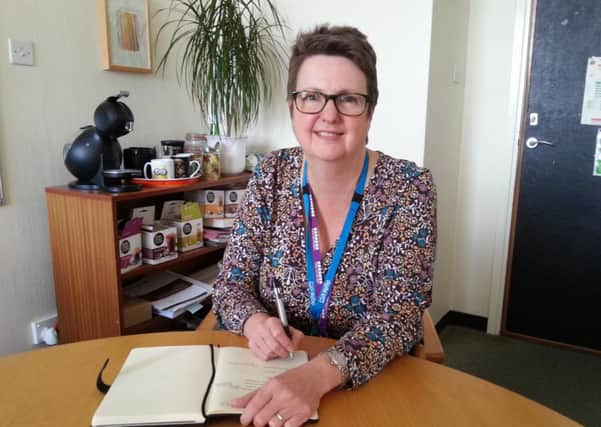FEATURE: Reassurances over A&E and maternity units


Tina White said there are currently no plans to close the hospital’s A&E or maternity departments.
She said Boston will always need round-the-clock A&E services and there are ‘no plans to downgrade this’.
Advertisement
Hide AdAdvertisement
Hide Ad“It’s fair to say that Pilgrim will always need an A&E and maternity services,” said Ms White. “A&E is an absolutely vital service to the hospital so our medical director has said we will never downgrade. If anything, it will be upgraded. Pilgrim can’t be without an A&E department and it is not going to close. We would not manage the ailments of the local population without it.”
She said United Lincolnshire Hospitals Trust -which runs the site - is developing its critical strategy, looking at how it will operate in the future to make sure it is getting the most out of services.
As previously reported, the NHS in Lincolnshire as a whole is facing a budget deficit of £365 million a year.
“There are no outcomes from this strategy yet,” she said. “There will be a public consultation in October to look at how services will be delivered in future. This is not about cuts - it’s about quality.”
Advertisement
Hide AdAdvertisement
Hide AdShe spoke of a possibility of the A&E being ‘co-located with an urgent care centre’ similar to that in Skegness. This would be a walk-in centre, treating ‘mild to moderate ailments’. Non-emergency patients would initially be seen here, but if their condition was deemed more serious they would go to A&E.
She explained: “Pilgrim needs a co-located urgent care centre to sit at the side of A&E.
“Most people who walk into A&E probably don’t need to be there. People with minor ailments would go here instead of A&E.”
ULHT was put into special measures in 2013 following a report by the Care Quality Commission (CQC) into mortality rates and care standards - but Ms White is confident it will be out by April.
Advertisement
Hide AdAdvertisement
Hide Ad“Being put in special measures meant people were concerned about the standards of care,” said Ms White.
“Over the last 18 months we have been working through the CQC recommendations and have made great progress. Our mortality rate is now very low. When we were inspected in February the feedback across the trust was there had been significant improvements across all five areas and they were very happy with our progress.
“We are confident and hopeful we will come out of special measures at the next CQC inspection in April.”